Does the pandemic show how crises derail the lives of young adults?

Many of us go off the rails at some point in our lives, may become severely ill, get divorced, fired, or lose a loved one. Our age when disaster strikes can profoundly influence our response to the event, the research suggests, and young adults are particularly vulnerable to losing their way, in part because when the initiation changes that mark the transition from childhood to adulthood are delayed or lost, young adults may feel disoriented and increasingly uncertain about the future, a point highlighted by the peak drop in well-being during the pandemic.
Researchers have not always treated young adulthood as markedly different from other adult years, but it is now well established that the human brain matures well into its early 20s, and social and economic changes in recent generations mean that the path that once It was linear from living in your parents’ house to moving out and starting a family of your own has lengthened and become considerably more irregular. The pandemic, in other words, did not cause the mental health crisis among young adults, but merely accelerated existing trends.
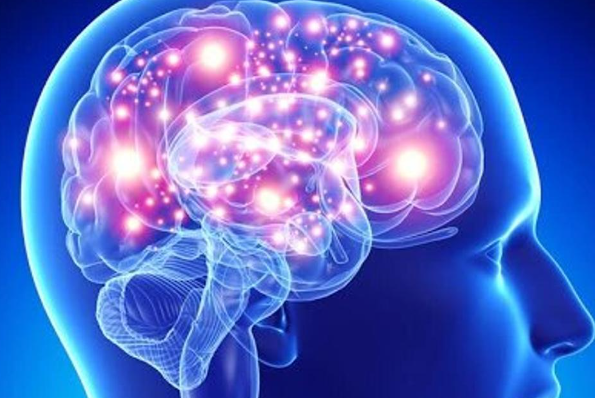
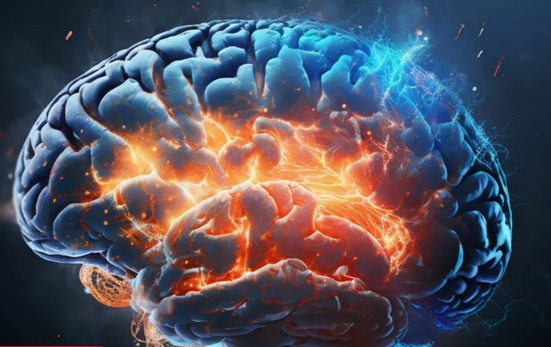
The pandemic has forced us to ask: What happens when that realm of independent exploration of life’s possibilities stagnates or even shrinks? The evidence so far suggests that the consequences for young adults could be dire. Rather than maturing, the personalities in this group have become more youthful; in general, those under 30 have become less conscientious, less agreeable, and more neurotic. Compared to older adults, young adults also reported higher levels of anxiety, depression, and feelings of loneliness during the pandemic.
Decisions made during early adulthood can also have profound side effects. Temporarily delaying college entry at the start of the pandemic, for example, could become a permanent decision, thus radically changing one’s life trajectory. In the same study, it was found that journaling (having people write a narrative that links their past and present) can help them regain that sense of continuity and reestablish goals for the future. Other research suggests that adopting a more flexible East Asian mindset could help people cope with a life that veers off course.
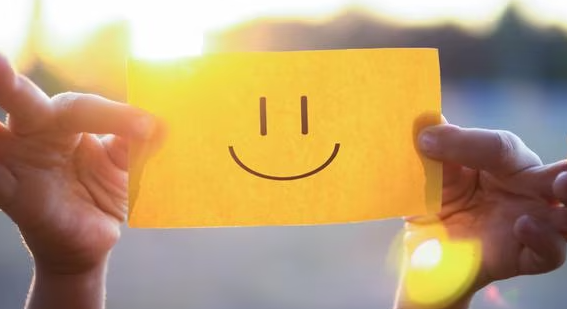
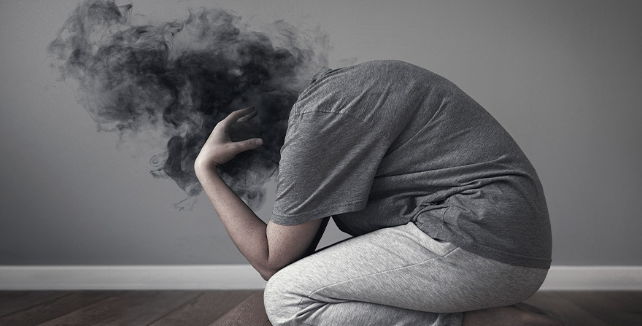
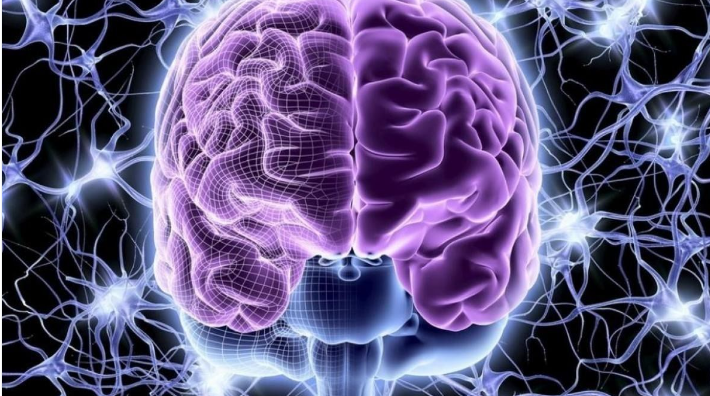


Responses